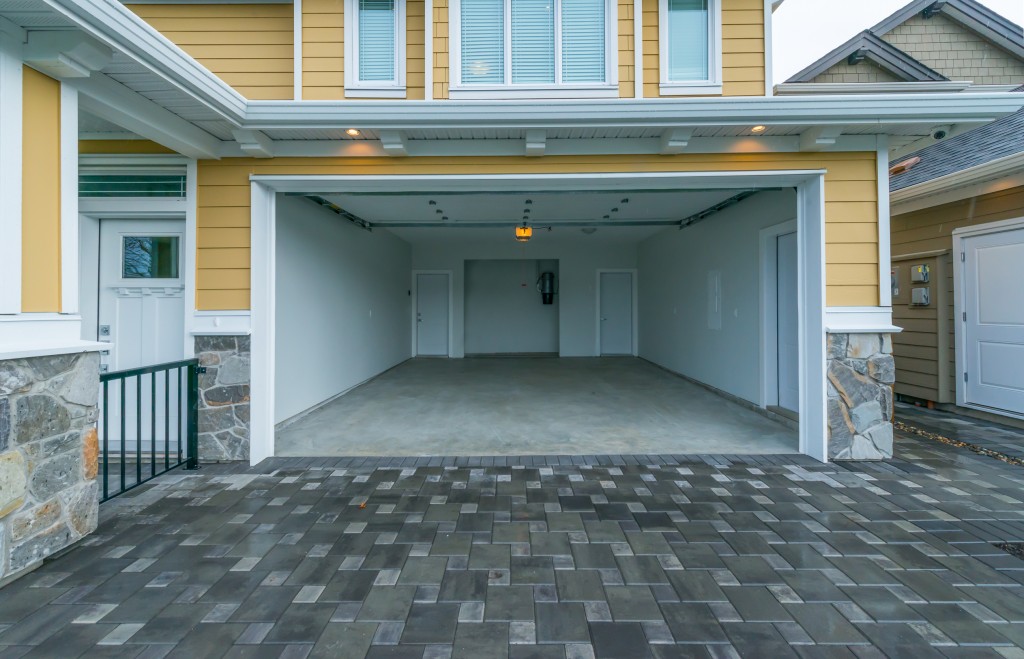The garage door is among the essential elements in your property. Without the right mechanisms in place for your door, the garage might become the Achilles heel in your property’s security. The door might expose your property’s occupants to a range of safety issues, and its opening and closing might prove cumbersome. To avert all these issues with your garage door, the ideal investment would be in a garage door opener.
An automatic door opener might be the leading cause of multiple garage door repair services for your Boise property. Anything that will block the opener’s sensor transmission path will cause its malfunction. Some sensors are also affected when they are in direct sunlight or are dirty. Most property owners assume that the repair of garage door sensors follows the same steps, and they opt for the DIY articles on the same. Several types of door sensors exist, and they are handled differently.
Here are the top sensor options for garage doors.
Safety Sensors
This is a somewhat broad term for all garage door sensors since they are all aimed at boosting the safety of your door. The primary safety sensors for garage doors is, however, an infrared sensor. Infrared sensors have rails that will be aligned with each other. When something obstructs the infrared beams during a closing, your garage door automatically springs back up.
Pressure Sensors

These are also considered safety sensors because they avert the crushing of an object under your door’s weight. Pressure sensors are installed along the bottom edge of your door. If your door bumps against something along its path when closing, it automatically springs back into an open position to avoid crashing it.
Monitor Sensors
These are primarily designed to notify you if you leave the garage door open. In a hurry to drive off, most people forget to \press buttons that will automatically close their doors or manually close them. The monitor sensor will notify you by an alarm or on your smartphone that the door is open. The sensor is set to trigger a notification after a set period. Some manufacturers have programmed monitor sensors that automatically close your door after a set timeframe.
Carbon Dioxide Sensors
With most garage doors remaining closed for a better part of the day, the accumulation of toxic gases in the garage is common. Carbon dioxide sensors will measure the levels of carbon dioxide in a garage. When these reach dangerous levels, they trigger an alarm to trigger the opening of the door and let in the fresh air. Though not very common in garages, carbon dioxide sensors will make a significant difference in the safety of pets that, at times, hide in the garage.
You now realize that not all garage door sensors will work the same way. In fact, garage doors might have multiple sensors to meet different needs. Some building regulations dictate the sensor your garage door should have. Safety sensors are a must in almost all jurisdictions, but more localities are also advocating for carbon dioxide sensors.
